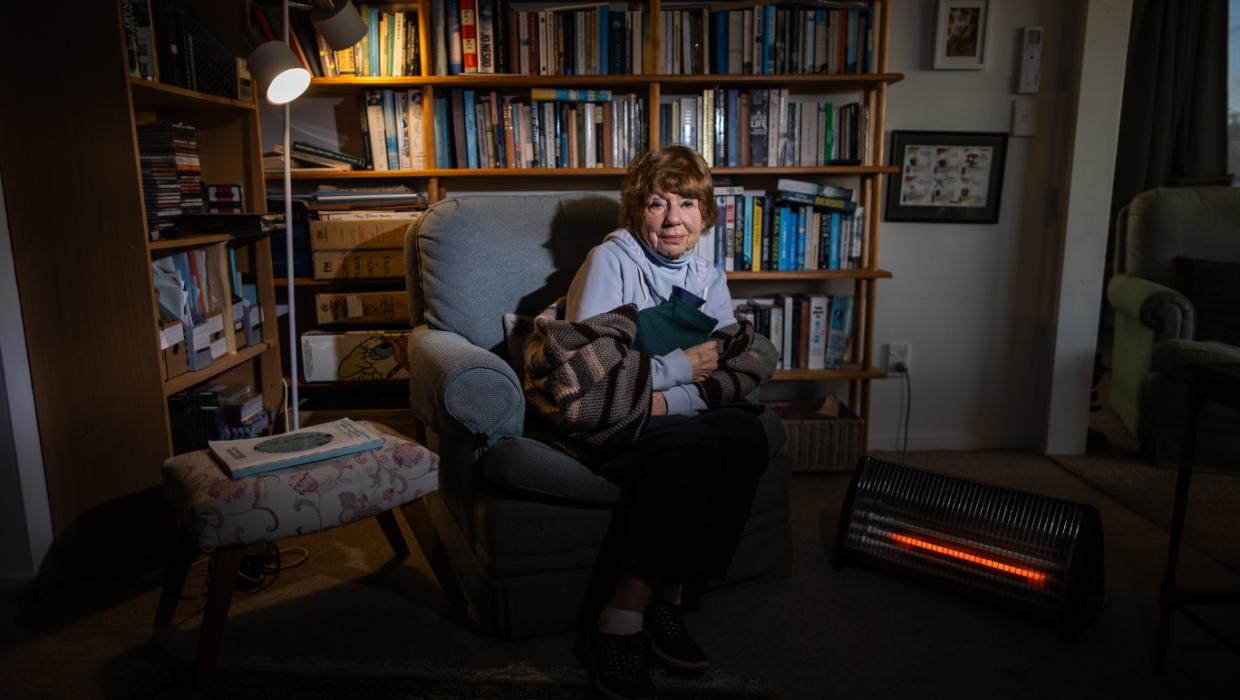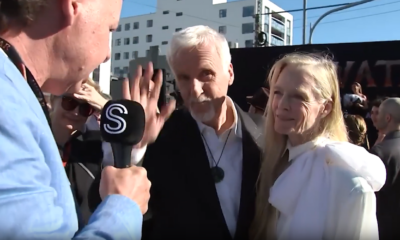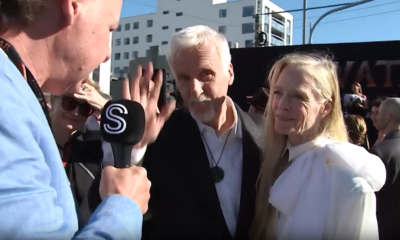Business
Kiwis Struggle with Soaring Energy Costs Amid Winter Chill

As temperatures drop and winter settles in, New Zealand residents are facing significant challenges due to escalating energy costs. Many Kiwis are resorting to additional blankets and hot water bottles to keep warm in their homes, as electricity prices have surged. The Energy Authority reports that the average cost of electricity has risen to approximately $0.30 per kilowatt-hour, marking a striking increase that has left households grappling with their budgets.
In July 2023, New Zealand recorded some of the highest power prices in recent history, with many families reporting monthly energy bills exceeding $1,200. This financial burden is particularly acute for low and middle-income households, which are struggling to balance essential expenses amid rising inflation.
Growing Concerns Over Energy Affordability
The situation has raised concerns among advocacy groups and policymakers alike. Various organizations, including the Consumer Advocacy Group, have called for immediate action to address the issue. They argue that energy affordability is becoming a critical issue, especially for the most vulnerable populations.
According to the Energy Authority, factors such as increased demand during colder months and disruptions in supply chains have contributed to the rising costs. The situation has been exacerbated by geopolitical tensions affecting energy markets globally. As a result, Kiwis are not only facing higher bills but also the stress of energy insecurity.
The government has outlined plans to provide relief, but many households are still feeling the pinch. The Minister of Energy indicated that efforts are underway to stabilize prices and enhance support for those most affected. However, critics argue that these measures may not be sufficient to alleviate the immediate hardships faced by families this winter.
Adapting to New Energy Realities
In response to the rising costs, many residents are adopting various strategies to manage their energy consumption. Some are investing in energy-efficient appliances or seeking alternative heating solutions, such as wood or gas fires. Others are cutting back on non-essential electricity use, adjusting their habits in an effort to mitigate the financial impact.
As New Zealand navigates this challenging landscape, the resilience of its citizens shines through. Community initiatives aimed at sharing resources and information about energy-saving techniques are gaining traction. These grassroots efforts highlight the collaborative spirit among Kiwis, as they seek to support one another during a tough season.
While the government and energy authorities continue to explore long-term solutions, the immediate focus remains on providing essential support to those struggling to keep their homes warm. The situation underscores the importance of addressing energy affordability as a key priority for the well-being of New Zealand’s population.
-

 World3 weeks ago
World3 weeks agoPrivate Funeral Held for Dean Field and His Three Children
-

 Top Stories3 weeks ago
Top Stories3 weeks agoFuneral Planned for Field Siblings After Tragic House Fire
-

 Sports3 months ago
Sports3 months agoNetball New Zealand Stands Down Dame Noeline Taurua for Series
-

 Entertainment3 months ago
Entertainment3 months agoTributes Pour In for Lachlan Rofe, Reality Star, Dead at 47
-

 Entertainment2 months ago
Entertainment2 months agoNew ‘Maverick’ Chaser Joins Beat the Chasers Season Finale
-

 Sports3 months ago
Sports3 months agoSilver Ferns Legend Laura Langman Criticizes Team’s Attitude
-

 Sports1 month ago
Sports1 month agoEli Katoa Rushed to Hospital After Sideline Incident During Match
-

 Politics2 months ago
Politics2 months agoNetball NZ Calls for Respect Amid Dame Taurua’s Standoff
-

 World4 weeks ago
World4 weeks agoInvestigation Underway in Tragic Sanson House Fire Involving Family
-

 Entertainment1 week ago
Entertainment1 week agoJacinda Ardern Discusses Popularity Decline on Graham Norton Show
-

 Top Stories3 weeks ago
Top Stories3 weeks agoShock and Grief Follow Tragic Family Deaths in New Zealand
-

 Sports2 weeks ago
Sports2 weeks agoEli Katoa Shares Positive Recovery Update After Brain Surgery


















